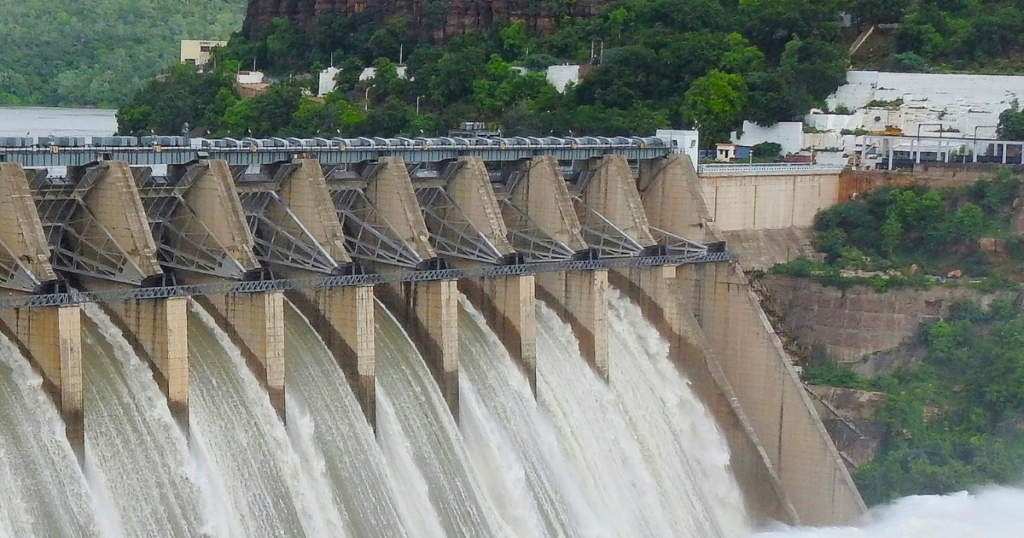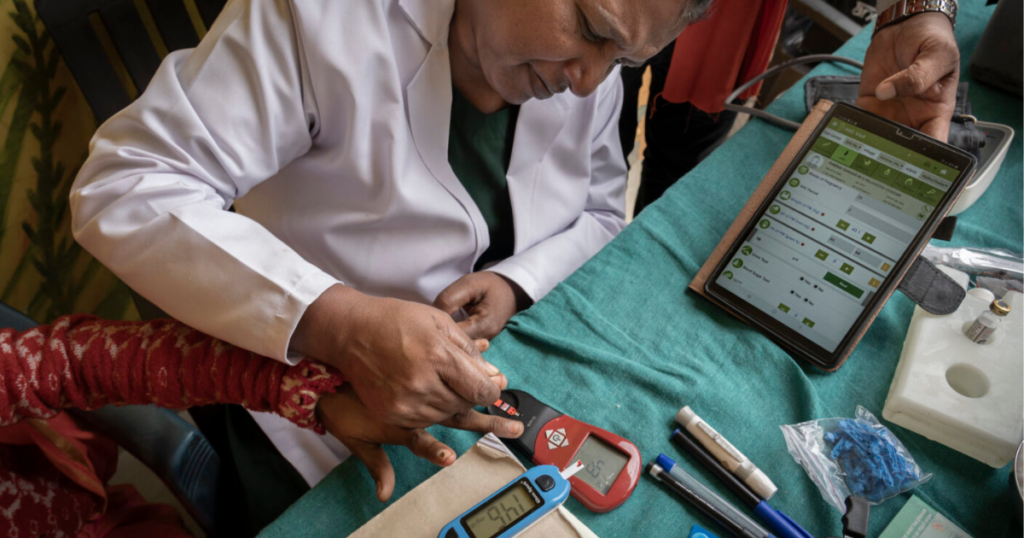In India, inefficient post-harvest management practices lead to massive post-harvest food losses that impact farmer incomes. Emerging technologies like robotics, artificial intelligence, blockchain, machine learning, analytics, IoT and others carry the potential to address the inefficiencies across the value chain that can lead to a reduction of PHFL, contributing to a more resilient food system and increased farmer incomes.
Poor harvesting practices are impacted by early or delayed harvesting, lack of access to machinery that can assess moisture and quality, and low farm mechanisation. Poor produce handling is exacerbated by improper cleaning and foregoing processes, like sorting and grading, that can lead to volume and quality loss. Lack of storage and transportation facilities or non-scientific storage practices are estimated to cause most of the losses in the value chain. Lack of food processing facilities (with only 7% of perishables being processed in India) indicate a significant value loss. Inadequate market linkages, lack of market and price information, limited access to multiple buyers at the farmgate cause distress selling and indirect food losses.
This perspective explores agtech interventions that have the potential to address these challenges, and the opportunities that exist to encourage further innovation in this space. The role of funders in creating an enabling ecosystem for agtech to flourish and drive innovation and efficiency is also explored.
The core principles that have successfully reduced post-harvest food losses and increased farmers income include a focus on data-driven solutions, improved quality and shelf-life technologies, and shortened supply chains with better market linkages. In light of these principles, the priority areas that seek funder interest involve trust-building between farmers, FPOs, and agtech startups to accelerate technology adoption; strengthening farmers’ and FPOs’ capacity and awareness of technology benefits at different stages of the value chain; improve their access to finance and credit for equipment and tech-enabled services; establishing on-farm and decentralised agtech services; and customising technological solutions to fit the landholding and financial context of small and marginal farmers.
Contributors: Aparna Bhaumik, Allina Tiwari, Shivangi Sharma, Vikramjeet Sharma and Debaranjan Pujahari.
We would like to thank Hemendra Mathur (Venture Partner, Bharat Innovation Fund) for contributing his valuable insights and advice that helped shape this perspective.




